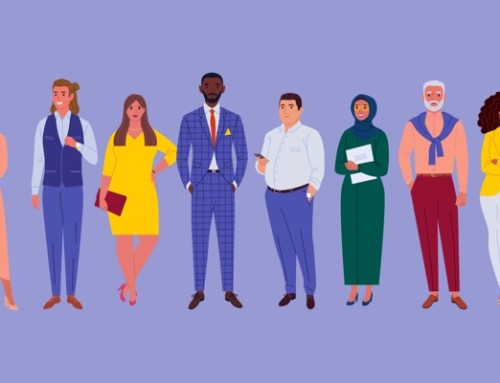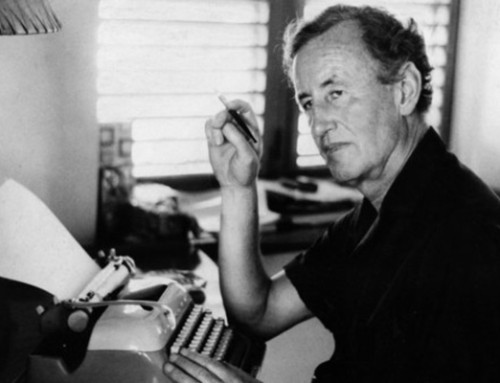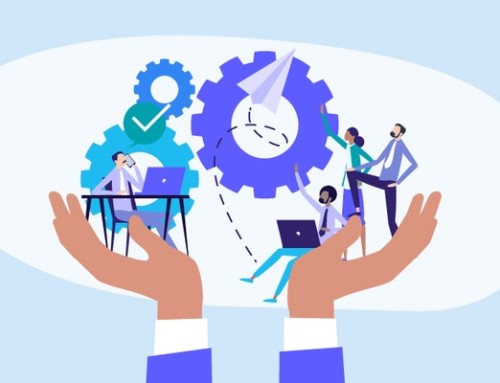Since joining the board of O2, chief human resources officer Ann Pickering has used smart HR strategy to drive performance and create an inclusive, diverse culture from the ground up.
Perhaps nowhere in business is the challenge of staying relevant in an increasingly digital world felt more keenly than in the HR department. As organisations rush to embrace the benefits of fast-moving new technologies, it’s all too easy for the “people people” to get left behind.
“I get really frustrated when I go to conferences and they are debating whether HR should be on the board,” says Ann Pickering, chief human resources officer (CHRO) and chief of staff for mobile brand O2. “No-one is asking whether the sales director should be on the board. I think if companies are asking that question then their HR directors are not doing their jobs properly.”
It’s up to HR leaders to make sure that their function is not sidelined, she adds, because – although the spotlight often shines most brightly on eye-catching new tools such as AI, machine learning and data – thriving in the digital era is as much about people as it is technology. “Things move so fast and so dramatically, and you can be in a position where changing direction is like trying to turn around an oil tanker. But the ability to move at speed and pivot when you need to is really, really important. You don’t get that kind of business performance from a workforce that is disengaged.”
Consequently, since joining the board of O2 in 2008, Pickering has made it her mission to champion not only the voice of the firm’s 6,700 employees, but also the wider role that HR can play in unlocking new routes to business value. “We’ve got a real strategic role to play in developing a clear business strategy, and in making sure that our people strategy underpins that,” she says. “Most importantly we’ve got to make sure that every employee, from the student who works Saturdays in one of our stores upwards, understands how they fit into that overall picture.”
Take the rollout of next generation 5G mobile services, which O2 has recently launched in six UK locations – Belfast, Cardiff, Edinburgh, Leeds, London and Slough. 5G promises faster internet access than fixed line connections, through your mobile phone. But making it a commercial as well as a technological success is down to the readiness of O2 staff on the ground in its stores and in its call centres, because if they don’t get it, neither will customers.
“Communication is key – I have to make sure that our people have the right training to be able to understand 5G,” says Pickering. “That they can answer questions like: ‘Why haven’t you launched 5G everywhere?’ and also that they really understand the difference that 5G will make.”
To boost the speed and quality of that communication, last year O2 introduced its own social media platform called Workplace. “It’s really been game-changing, because we can talk to everybody with such immediacy. Someone with a problem can get on Workplace and they’ll have a response in seconds.”
The crux of keeping HR relevant is to get close to the business and to help solve the big problems, she adds. A major concern for O2 is attracting and keeping the right talent. Pickering has tackled the issue through a range of solutions, including parental leave for both mothers and fathers, and an innovative career-returners programme. “There are a lot of talented people out there who just need to get their confidence back after a career break. So they come in on a 14-week programme, we give them a mentor and at the end they can apply for jobs.
“We’ve done it for three years now and around 80 per cent have secure permanent roles. Going after people who aren’t typical has really worked for us. On the latest programme, 67 per cent of the people who joined us were from BAME backgrounds, which is great for inclusivity.”
Pickering has also been instrumental in leading O2’s impressive work on diversity – it’s now one of the very few UK businesses with a majority-female board. The key to making diversity stick, she says, is to help fellow senior execs understand that it’s not only a valuable point of principle, but also a smart business move. It’s unlikely to be a coincidence that O2 has enjoyed 13 quarters of consecutive growth.
“I’m massively proud of where we’ve got to on diversity,” she says. “It really helps us to avoid groupthink and makes a big difference to our debates. They’re just as heated – the men and women, there’s no difference in the way that they argue, but the thinking behind things is much more in depth because we’ve got all these people from different backgrounds on the board.”
Approached in the right way, even the traditional Achilles heel of HR – that it can struggle for credibility in the boardroom, because unlike other functions it doesn’t generate revenue directly – can present a new opportunity to become a trusted adviser to the CEO, says Pickering. “Someone in my role is one of the few people who can look across the entire organisation at how we work together. I’ll often bounce things around with Mark [Evans, O2’s CEO], and sometimes I’ll say to him, ‘Are you sure about that?’ It’s fascinating, and I can do it because I am not running a profit centre. I don’t have an agenda – I’m not protecting anything.”
The KPMG view
Thanks to the rapid spread of digitalisation, human resources directors face a growing number of questions from their board colleagues – about, for example, commercial relevance, strategic value, use of technology and the design of the employee experience. So says Mark Williamson, head of people consulting at KPMG UK. And, he warns, “If HR directors don’t engage with these questions, they’ll be unable to meet the requirements of the business in future.”
So the function stands at something of a crossroads, as shown by KPMG’s latest survey of 1,300 HR leaders, entitled “Future of HR 2020”. Close to two thirds of respondents believe that if HR doesn’t modernise its approach to understanding and planning the workforce, it will rapidly become irrelevant.
So, what marks out those businesses and HR leaders – such as Ann Pickering at O2 – who are tackling these issues to really hit the commercial needs of the business? There are, Williamson says, four key qualities:
- They seize the opportunity to shape the workforce of the future, particularly in terms of how humans and smart machines will work together.
- They work with this business to build a strong, purpose-led culture, aligned not only with the business strategy but also with wider society.
- They develop an employee-as-customer mindset so that the employee experience matches the customer experience.
- They use data to generate actionable insights on people and the workforce.
Those insights cover issues such as productivity, retention and attraction. “It’s what marketing people have done for years – they are the forefront of using data science, and HR needs to get to the same point,” says Williamson.
To thrive in the digital environment, he adds, HR must also play a leading role in ensuring that the organisation works seamlessly across traditional boundaries: “Preparing the workforce for the arrival of AI is a huge challenge. Continual upskilling is critical; you have to have an organisation that is truly connected horizontally – not just vertically – right across the enterprise.”
The final piece of the jigsaw is technology – specifically, investing in HR technologies that enable automation where possible while also generating those vital data-driven insights. “HR has been slower than some of the other functions to get to this point,” says Williamson, “But there is a real opportunity to learn from the experiences of others, and for HR to leapfrog them and become a technology leader in the organisation.”
Source: This article first appeared as KPMG promoted content in The Times (27th November 2019)
IS YOUR FIRM LOOKING FOR PROFESSIONAL STAFF?
Contact us today with details if you’d like assistance or to schedule an introductory call to see how we can help.







Leave A Comment
You must be logged in to post a comment.